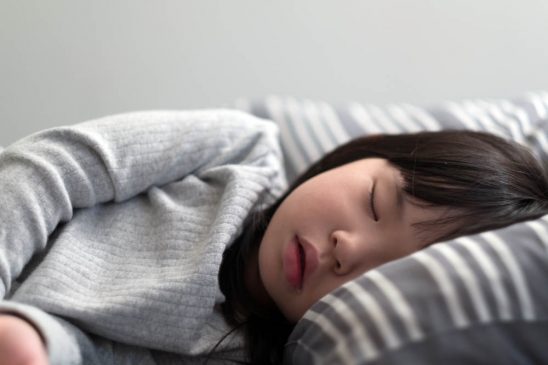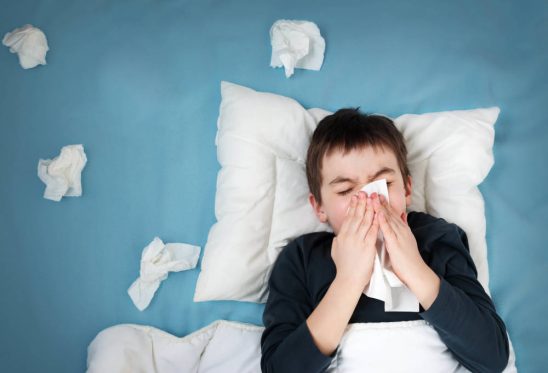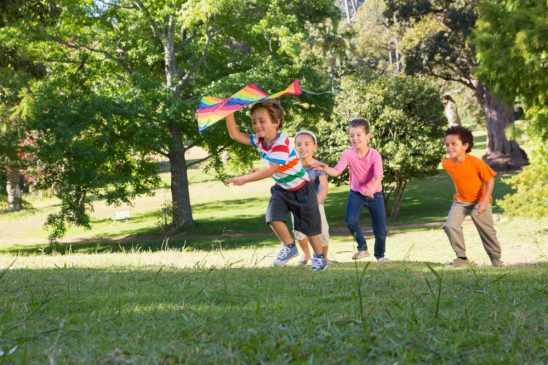You certainly know how important high-quality sleep is for your child. After all, you have probably experienced an incredibly crabby toddler who missed his nap or a cranky teenager who only got a few hours of sleep before a big day of classes and tests. While sleep certainly affects a child’s mood, it also impacts a variety of other areas of a child’s physical and mental health. Poor sleep may affect the following:
- School performance
- Anxiety levels
- Depression
- Memory and concentration
- Creativity
- Social relationships
Interestingly, poor sleep has begun to be linked to childhood weight gain. Childhood obesity has made plenty of headlines in the past several years as children in certain developed countries, including the United States, are becoming overweight or obese at alarming rates. Numbers from 2016 show that almost 20 percent of school-age children are obese. Another alarming statistic shows that teenage obesity rates have quadrupled since 1980.
It can be a struggle to know how much sleep a child should get each night. Keep in mind that recommended sleep numbers are based on children’s ages. Basically, the younger your child is, the more sleep he will need nightly. Here are the general guidelines for daily sleep. Younger children may also take naps to help equal the recommended allotted time.
- Toddlers: 11-14 hours
- Preschoolers: 10-13 hours
- Elementary and middle school-aged children: 9-11 hours
- Teenagers: 8-10 hours
While your child may not get the recommended amount of sleep every night, this will give you something to aim for as you consider bedtimes and wake-up times. If you have any concerns about your child’s sleep habits or weight, contact Kids 1st Pediatrics for a pediatric assessment.




